Crayfish
$17.71 – $865.51
$14.76 – $721.23
Crayfish have a hard exoskeleton, segmented bodies, and prominent claws. It is sweet and has a nice aroma when added to soup, the tender meat in crayfish is used in a variety of dishes such as soups, stews, boils, and even as a standalone delicacy.
Guarantee Safe Checkout![]()
Description
Description
Crayfish have a hard exoskeleton, segmented bodies, and prominent claws. It is sweet and has a nice aroma when added to soup, the tender meat in crayfish is used in a variety of dishes such as soups, stews, boils, and even as a standalone delicacy.
Additional information
Additional information
| Weight | 0.7 kg |
|---|---|
| Weight | 1kg (2.205lbs), 5Kg (11.025lbs), 10Kg (22.05lbs), 25Kg (55.125lbs), 50Kg (110.25lbs) |
Reviews (0)
Quick Comparison
| Settings | Crayfish remove | Ogbono remove | MeiyaCoka remove | Editan remove | Egusi remove | Utazi remove | ||||||||||||||||||||||||
|---|---|---|---|---|---|---|---|---|---|---|---|---|---|---|---|---|---|---|---|---|---|---|---|---|---|---|---|---|---|---|
| Name | Crayfish remove | Ogbono remove | MeiyaCoka remove | Editan remove | Egusi remove | Utazi remove | ||||||||||||||||||||||||
| Image | 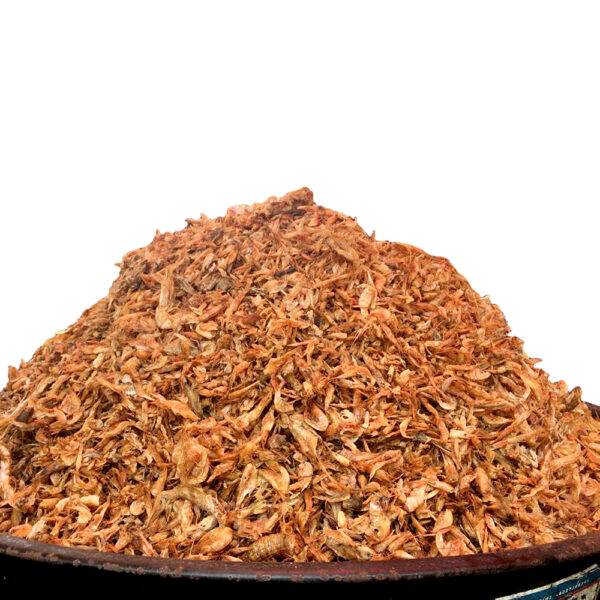 | 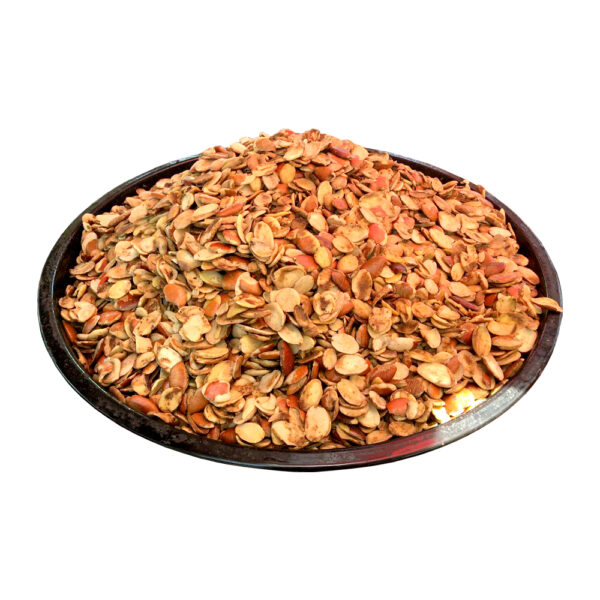 | 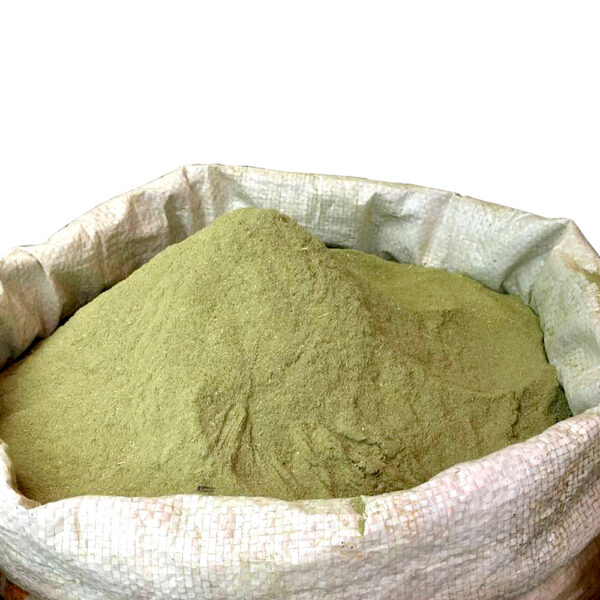 | 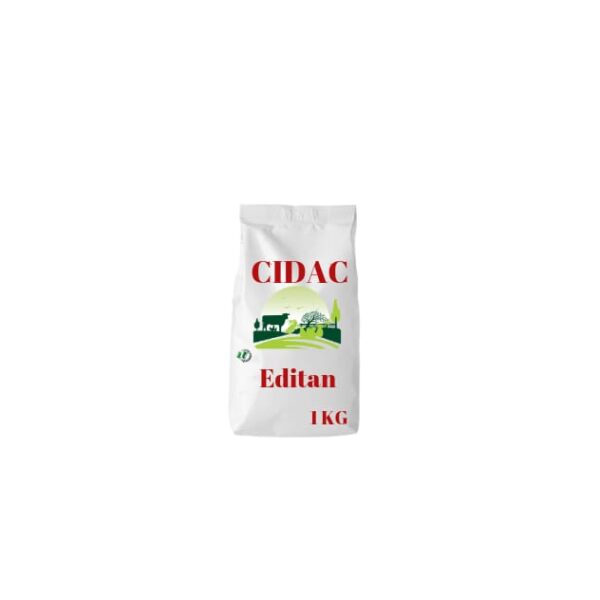 | 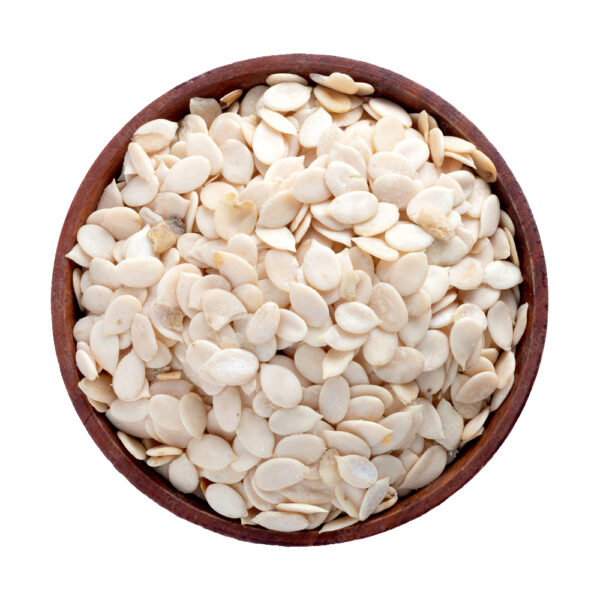 | 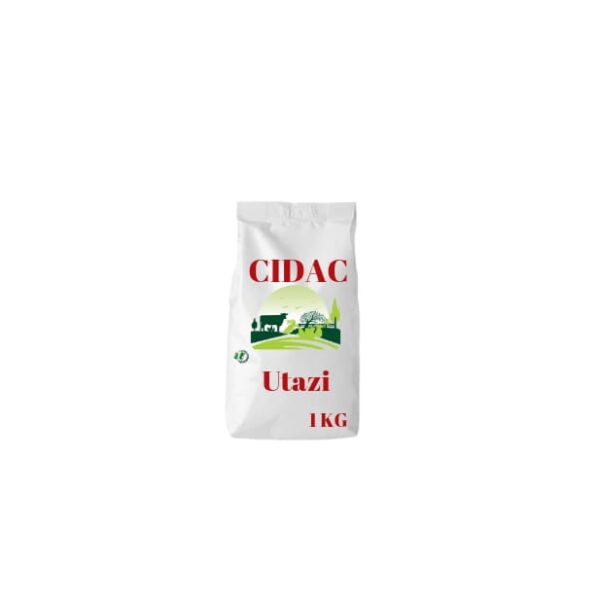 | ||||||||||||||||||||||||
| SKU | ||||||||||||||||||||||||||||||
| Rating | ||||||||||||||||||||||||||||||
| Price | $14.76 – $721.23 | $9.27 – $447.24 | $5.92 – $279.71 | $15.80 – $773.51 | $8.45 – $406.00 | $8.13 – $390.08 | ||||||||||||||||||||||||
| Stock | ||||||||||||||||||||||||||||||
| Availability | ||||||||||||||||||||||||||||||
| Add to cart | ||||||||||||||||||||||||||||||
| Description | Crayfish have a hard exoskeleton, segmented bodies, and prominent claws. It is sweet and has a nice aroma when added to soup, the tender meat in crayfish is used in a variety of dishes such as soups, stews, boils, and even as a standalone delicacy. | Ogbono, also known as African bush mango or dika nut, is a type of edible seed derived from the Irvingia gabonensis tree, native to West and Central Africa. It is commonly used as a culinary ingredient and is known for its slimy texture when cooked. Ground ogbono seeds are used to make a thick and hearty soup, often combined with vegetables, meats, or fish, in many Nigerian and West African cuisines. The soup has a unique flavor and is prized for its nutritional value, including being a good source of healthy fats, fiber, and vitamins. | Meiya coka is made from fermented corn. It is a popular dish in the northern part of Nigeria, and it is often eaten with palm oil, fish, or meat. Cidac sources the corn from local farmers in the northern part of Nigeria. The corn is then fermented in a traditional process, which takes about two weeks. The fermented corn is then ground into a powder, which is then packaged and sold. | Dehydrated Editan is made from cassava leaves that has been dried and powdered. Cidac sources the cassava leaves from local farmers in the southern part of Nigeria. The leaves are then washed and cleaned, before being steamed or boiled. The steamed or boiled leaves are then shredded, and they are dried in a dehydrator. The dried leaves are then ground into a powder, which is then packaged and sold. | Egusi is a type of melon seed commonly used in African cuisine, particularly in Nigeria. The seeds are rich in fat and protein, and when ground, they form a thick paste that serves as a base for a flavorful and hearty dish. When use to make "Egusi soup" is enjoyed with staple foods such as pounded yam, and fufu | Utazi is a leafy vegetable that is native to West Africa, particularly Nigeria. It is widely used in traditional cuisine for its unique flavor and medicinal properties. The leaves of the Utazi plant are typically dark green and have a slightly bitter taste, with a peppery and aromatic flavor. Cidac sources its Utazi from the southern part of Nigeria, where it is traditionally grown and harvested by local farmers. The leaves are picked by hand and then sorted to remove any impurities or damaged leaves. Once the Utazi leaves are sourced, Cidac processes them by first washing them thoroughly in clean water to remove any dirt or debris. The leaves are then air-dried in the sun or an oven until they are completely dry. | ||||||||||||||||||||||||
| Content | Crayfish have a hard exoskeleton, segmented bodies, and prominent claws. It is sweet and has a nice aroma when added to soup, the tender meat in crayfish is used in a variety of dishes such as soups, stews, boils, and even as a standalone delicacy. | Ogbono, also known as African bush mango or dika nut, is a type of edible seed derived from the Irvingia gabonensis tree, native to West and Central Africa. It is commonly used as a culinary ingredient and is known for its slimy texture when cooked. Ground ogbono seeds are used to make a thick and hearty soup, often combined with vegetables, meats, or fish, in many Nigerian and West African cuisines. The soup has a unique flavor and is prized for its nutritional value, including being a good source of healthy fats, fiber, and vitamins. | Meiya coka is made from fermented corn. It is a popular dish in the northern part of Nigeria, and it is often eaten with palm oil, fish, or meat. Cidac sources the corn from local farmers in the northern part of Nigeria. The corn is then fermented in a traditional process, which takes about two weeks. The fermented corn is then ground into a powder, which is then packaged and sold. | Dehydrated Editan is made from cassava leaves that has been dried and powdered. Cidac sources the cassava leaves from local farmers in the southern part of Nigeria. The leaves are then washed and cleaned, before being steamed or boiled. The steamed or boiled leaves are then shredded, and they are dried in a dehydrator. The dried leaves are then ground into a powder, which is then packaged and sold. | Egusi is a type of melon seed commonly used in African cuisine, particularly in Nigeria. The seeds are rich in fat and protein, and when ground, they form a thick paste that serves as a base for a flavorful and hearty dish. When use to make "Egusi soup" is enjoyed with staple foods such as pounded yam, and fufu | Utazi is a leafy vegetable that is native to West Africa, particularly Nigeria. It is widely used in traditional cuisine for its unique flavor and medicinal properties. The leaves of the Utazi plant are typically dark green and have a slightly bitter taste, with a peppery and aromatic flavor. Cidac sources its Utazi from the southern part of Nigeria, where it is traditionally grown and harvested by local farmers. The leaves are picked by hand and then sorted to remove any impurities or damaged leaves. Once the Utazi leaves are sourced, Cidac processes them by first washing them thoroughly in clean water to remove any dirt or debris. The leaves are then air-dried in the sun or an oven until they are completely dry. | ||||||||||||||||||||||||
| Weight | 0.7 kg | 0.7 kg | 0.5 kg | N/A | 0.7 kg | N/A | ||||||||||||||||||||||||
| Dimensions | N/A | N/A | N/A | N/A | N/A | N/A | ||||||||||||||||||||||||
| Additional information |
|
|
|
|
|
|

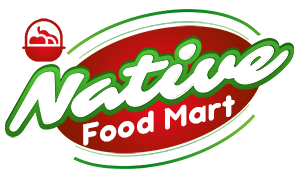
Reviews
There are no reviews yet.